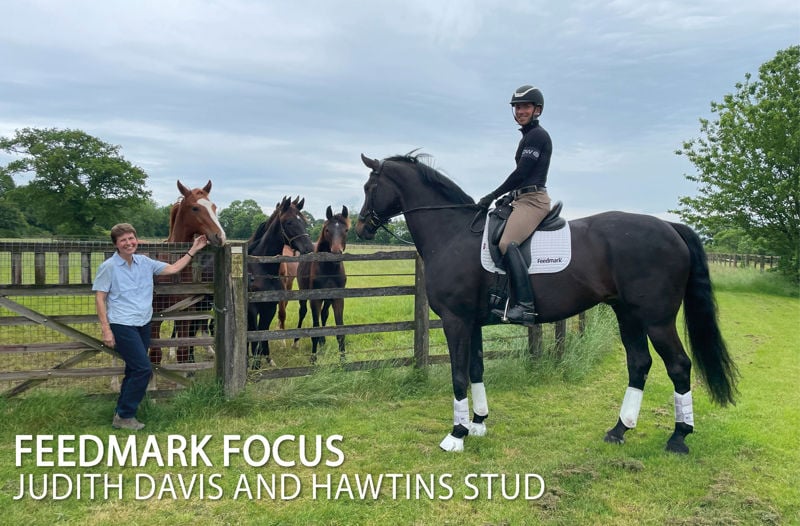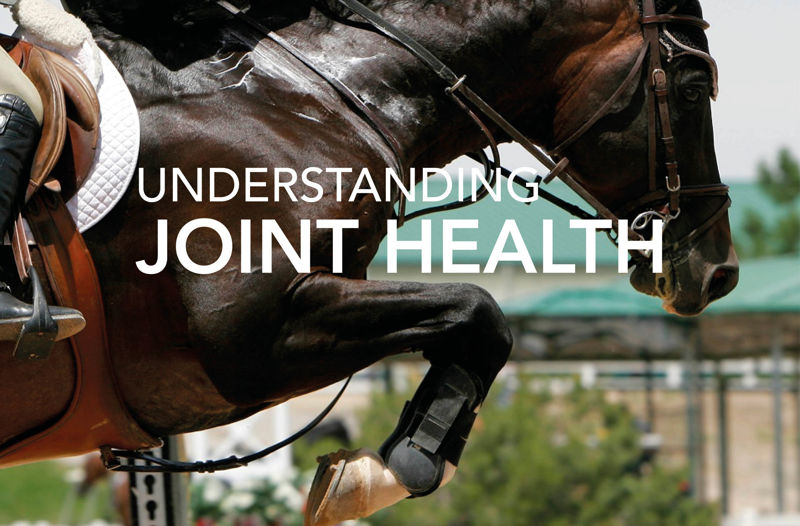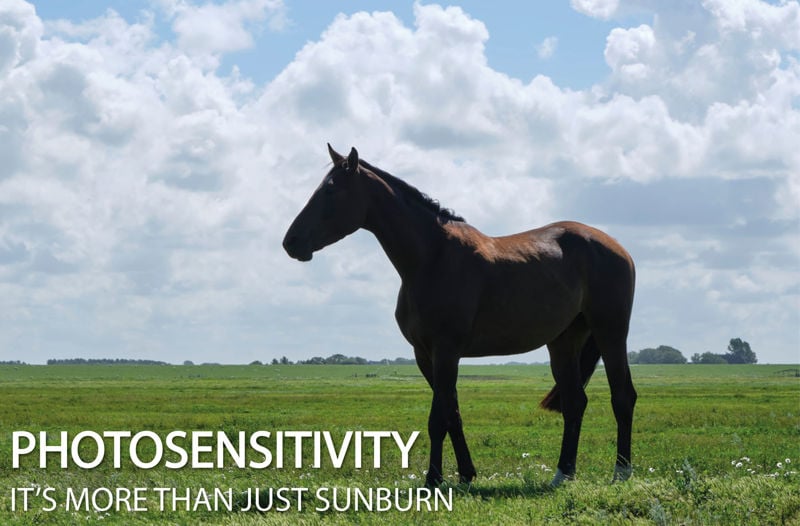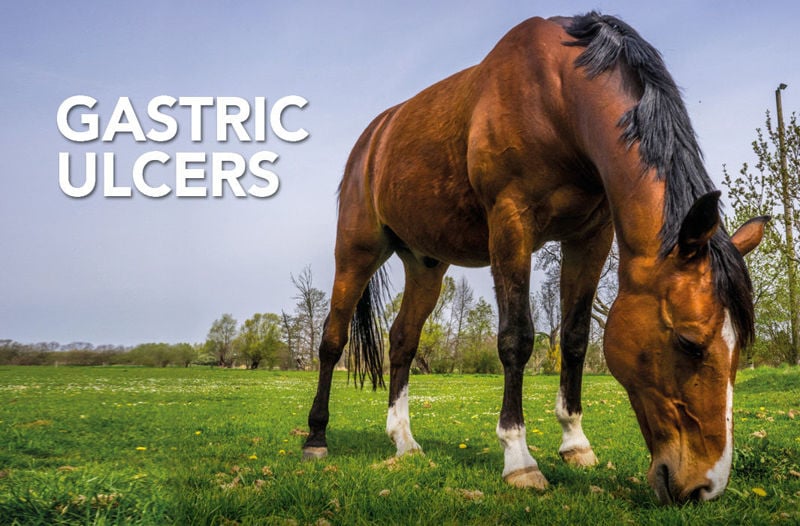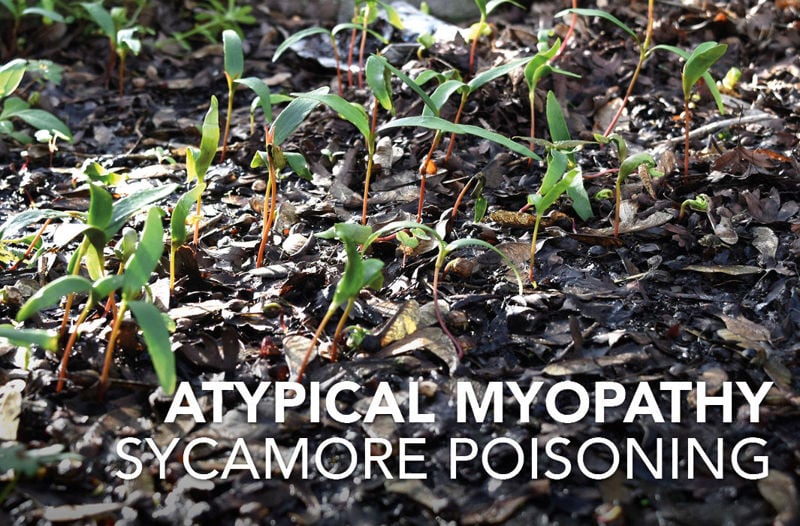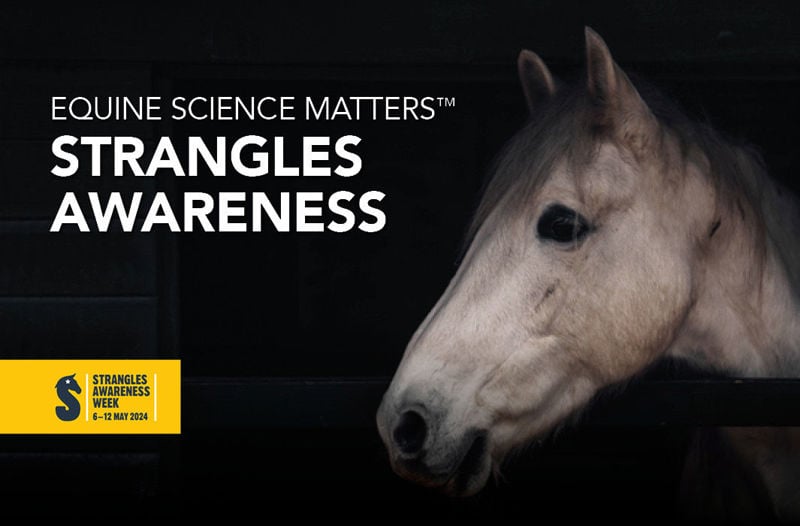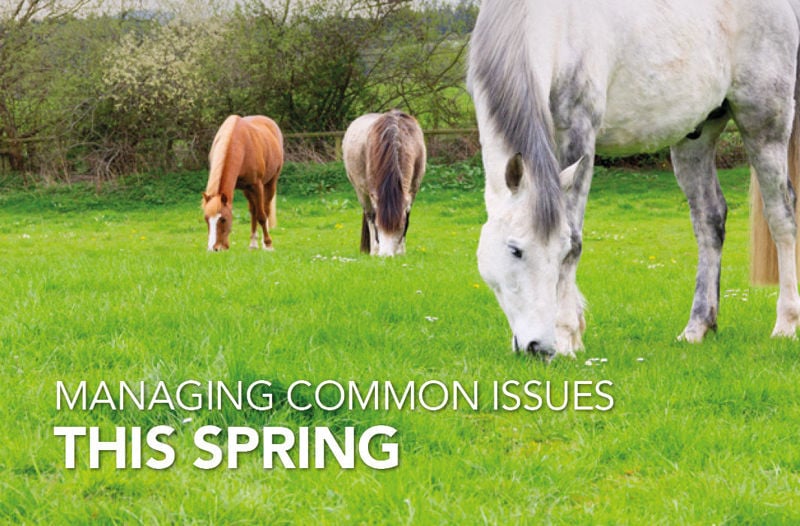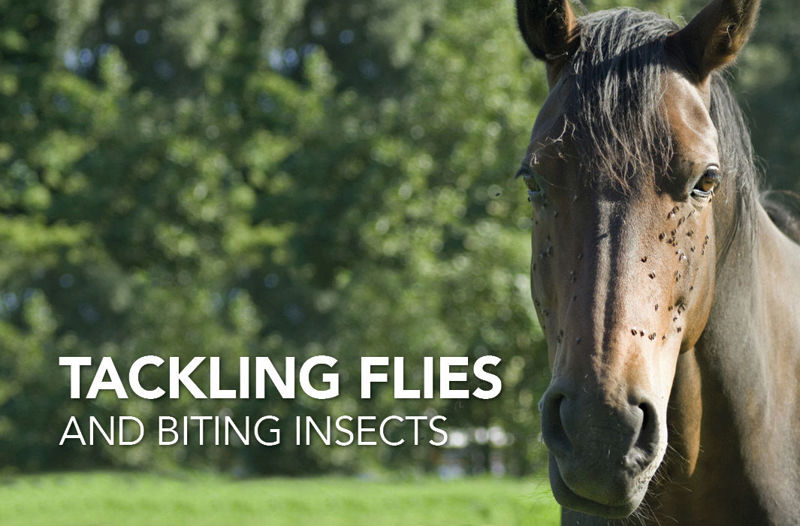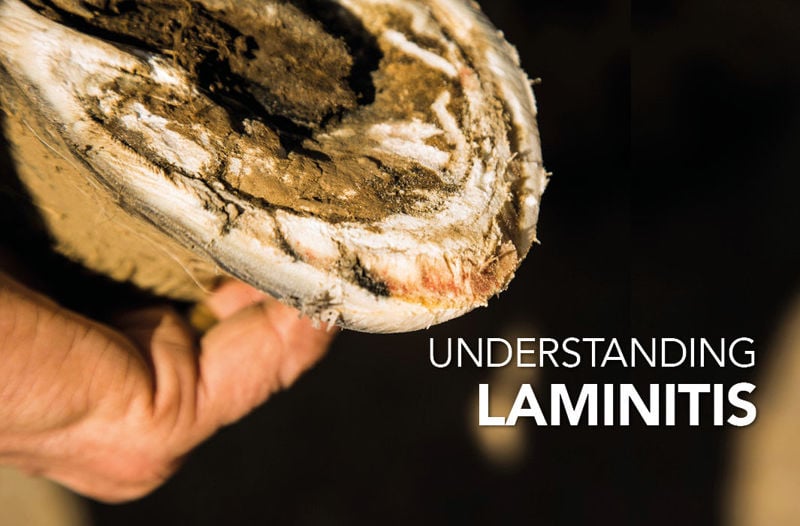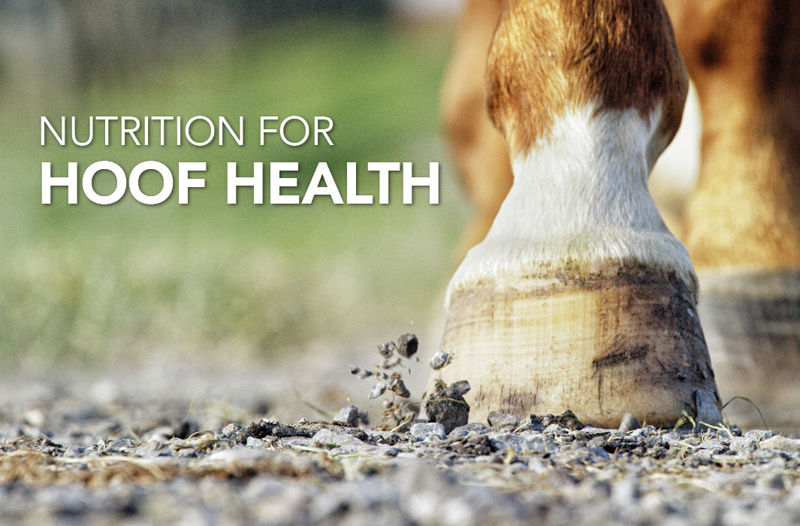Our registered Nutritionist Stephanie Hyland MSc (RNutr.) looks at the impact that heat and dehydration can have on horses and explains how to successfully manage these issues.
Filters
Blog Options
Blog archive
- 2025
- 2024
- 2023
- 2022
- 2021
- 2020
- 2019
- 2018
- 2017
- 2016
- 2015
- 2014
Close
45 YEARS AT THE CENTRE OF EQUINE NUTRITION™

- Bespoke All-in-One™
-
Products
- Back
- Horse Joint Supplements
- Horse Digestion Supplements
- Horse Muscle Supplements
- Horse Vitamins & Minerals
- Horse Calming Supplements
-
Horse Respiratory Supplements
- Back
- Clarity®
- Horse Hoof Supplements
- Horse Skin & Coat Supplements
- Horse Health Supplements
- Supplements for Older Horses
- Horse Breeding Supplements
-
Horse Hormone Supplements
- Back
- Hormonease™
- Horse Treats
-
Herbs for Horses
- Back
- Boswellia
- Burdock Root
- Celery Seed
- Chamomile
- Chastetree Berry
- Cider Apple Vinegar
- Cinnamon
- Clivers
- Comfrey
- Dandelion Roots & Leaves
- Devil's Claw
- Echinacea
- Fenugreek Seeds
- Fussy Feeder
- Garlic Powder
- Hawthorn
- Hedge Herbs
- Liquorice
- Marigold Flowers
- Marshmallow Root
- Meadowsweet
- Milk Thistle Seeds
- Mint
- Nettle
- Rosehips
- Seaweed
- Slippery Elm
- Spirulina
- Turmeric
- Yucca
- Canine
- Gift Cards / Rewards
- ABOUT US
- Contact Us
- Knowledge base
Menu
-
Products
- Back
- Horse Joint Supplements
- Horse Digestion Supplements
- Horse Muscle Supplements
- Horse Vitamins & Minerals
- Horse Calming Supplements
-
Horse Respiratory Supplements
- Back
- Clarity®
- Horse Hoof Supplements
- Horse Skin & Coat Supplements
- Horse Health Supplements
- Supplements for Older Horses
- Horse Breeding Supplements
-
Horse Hormone Supplements
- Back
- Hormonease™
- Horse Treats
-
Herbs for Horses
- Back
- Boswellia
- Burdock Root
- Celery Seed
- Chamomile
- Chastetree Berry
- Cider Apple Vinegar
- Cinnamon
- Clivers
- Comfrey
- Dandelion Roots & Leaves
- Devil's Claw
- Echinacea
- Fenugreek Seeds
- Fussy Feeder
- Garlic Powder
- Hawthorn
- Hedge Herbs
- Liquorice
- Marigold Flowers
- Marshmallow Root
- Meadowsweet
- Milk Thistle Seeds
- Mint
- Nettle
- Rosehips
- Seaweed
- Slippery Elm
- Spirulina
- Turmeric
- Yucca
- Canine
- Gift Cards / Rewards
- ABOUT US
- Contact Us
- Knowledge base
Dr. Stephanie Hyland BSc (Hons)
 Please call Stephanie Hyland MSc. RNutr. on 0800 585525
Please call Stephanie Hyland MSc. RNutr. on 0800 585525
for qualified nutrition advice.
 Please call Stephanie Hyland MSc. RNutr. on 0800 585525
Please call Stephanie Hyland MSc. RNutr. on 0800 585525 for qualified nutrition advice.
Blog
This week we visited Feedmark customer Judith Davis of Hawtins Stud to learn about her passion for breeding, and which Feedmark products she couldn’t live without. Set in over 100 acres of idyllic Gloucestershire countryside, Hawtins Stud is synonymous with talented dressage horses, with names such as Carl Hester successfully competing Hawtins horses on the international stage.
Everyday wear and tear along with what we ask our horses to do when performing, i.e., jumping and landing or extension movements, puts pressure on their joints and increases the risk of degenerative joint issues.
With summer just around the corner, we are all hoping for some sunshine and warmer weather. For some horses, particularly those with pink skin or light-coloured hair, increased exposure to sunlight can risk sunburn and in particular individuals may also trigger Photosensitivity.
It is likely that for as long as horses have been around, so has Equine Gastric Ulcer Syndrome (EGUS). In this week's Equine Science Matters™ we look at how you can tell if your horse is suffering from EGUS and what you can do about it.
Atypical myopathy is a severe and often fatal muscle disorder that affects grazing animals mainly in the Autumn, but also at other times of the year. In the second of our series about seasonal toxins, we take a look at the symptoms and causes.
Monday signals the start of Strangles Awareness Week (SAW) 6-12 May 2024, a global collaborative initiative aimed at preventing and managing Strangles - the most common infectious equine disease.
Do you use multiple supplements that need to be individually measured out, take up lots of space and need to be ordered each month? We take an in-depth look at the benefits of our Bespoke All-In-One™
With spring finally here, horse owners can now begin to tackle the challenges that the warmer weather and increased grass growth brings. Our nutritionist explains how to help your horse overcome common spring conditions.
If you have horses, you will have flies so preparation for the fly season is vital. Stephanie Hyland RNutr. MSc. takes a look at how you can tackle flies and biting insects holistically this summer.
Laminitis is now considered to be a syndrome associated with systemic disease (sepsis or endocrine disease) or altered weight bearing rather than being a disease itself. In this article Nicola Menzies-Gow discusses the types and symptoms of Laminitis.
Multiple factors influence the health and quality of our horse’s hooves, and as the old phrase goes “no hoof, no horse”. We look at the nutritional support that can benefit the hoof and how.
Copyright © 2025 Feedmark Ltd. All rights reserved.

